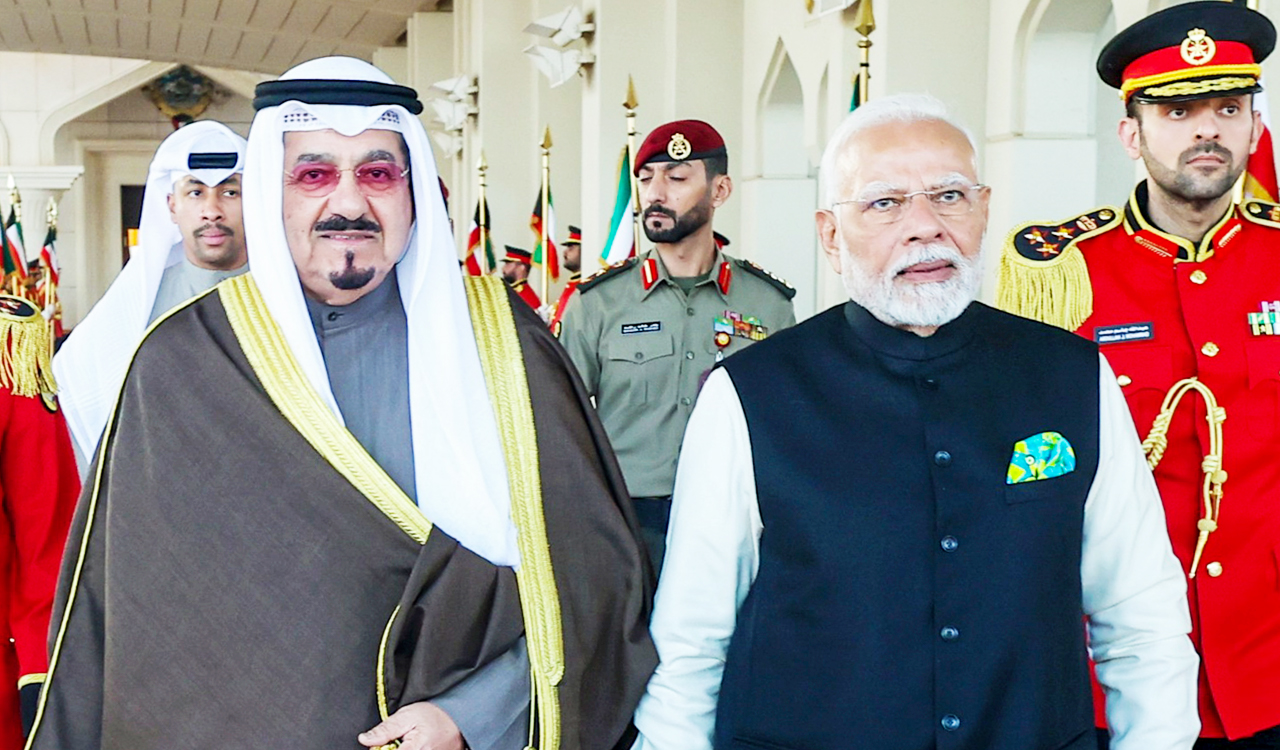Editorial: RBI’s timely succour
It is up to the Centre now to complement RBI’s efforts to revive the economy with appropriate policy interventions

The Reserve Bank of India’s Rs 50,000 crore loan package for vaccine makers, medical equipment suppliers, hospitals and patients in need of funds to treat the disease is a welcome move in this hour of crisis. However, much more needs to be done to rescue the small and medium businesses, which are the worst hit as the country grapples with the devastating impact of the second wave of the Covid-19 pandemic. Apart from providing special provisions for banks to lend at lower interest rates for the identified sectors and loan restructuring facilities for small borrowers, the central bank has also relaxed the overdraft norms for the State governments who are in the frontline of the battle against Covid-19. The RBI’s emergency health services loans, which can be given by banks till March 31 next year, will be classified as priority sector loans which are exempted from maintaining cash reserve or statutory liquidity ratios, and so banks can extend them at concessional rates too. There is no doubt that these measures will provide some succour, but the Micro, Small and Medium Enterprises (MSMEs) are desperately looking for some more initiatives like revisiting the classification of bad loans and clearing pending dues from government agencies. For MSMEs restructured earlier, banks are allowed to review working capital sanctioned limits based on a reassessment. The imposition of lockdown across several States has hurt small businesses the most. Therefore, the support to small businesses is crucial to reviving the economy as they are major job creators.
More than the additional funds, what the MSMEs need most is the flexibility in assigning non-performing assets (NPAs). While the RBI has already done the heavy-lifting last year by slashing rates to record lows and infusing copious liquidity in the system, the major problem is the poor credit offtake, especially from the corporate sector. However, there are limitations to which the central bank can step in to revive the economy and it is up to the Centre to complement its efforts with appropriate policy interventions. The objective should be to save lives and restore livelihoods through all means possible. The government must be willing to go the extra mile and devise out-of-the-box responses. The pandemic has left the small and medium enterprises reeling under unprecedented distress with nearly 30 million jobs being lost during the March-June period last year. Despite accounting for 45% of the total manufacturing output, 40% of exports and 30% of the GDP, they remain at the bottom of the pyramid, bearing the brunt of the double whammy of economic slowdown and the coronavirus pandemic. With private investment and consumption being low, the government must step in and spend more without creating excess inflation.
Now you can get handpicked stories from Telangana Today on Telegram everyday. Click the link to subscribe.
Click to follow Telangana Today Facebook page and Twitter .
Related News
-
Cartoon Today on December 25, 2024
7 hours ago -
Sandhya Theatre stampede case: Allu Arjun questioned for 3 hours by Chikkadpallly police
8 hours ago -
Telangana: TRSMA pitches for 15% school fee hike and Right to Fee Collection Act
8 hours ago -
Former Home Secretary Ajay Kumar Bhalla appointed Manipur Governor, Kerala Governor shifted to Bihar
8 hours ago -
Hyderabad: Organs of 74-year-old man donated as part of Jeevandan
8 hours ago -
Opinion: The China factor in India-Nepal relations
9 hours ago -
Telangana HC suspends orders against KCR and Harish Rao
9 hours ago -
Kohli and Smith will be dangerous and hungry: Shastri
10 hours ago




